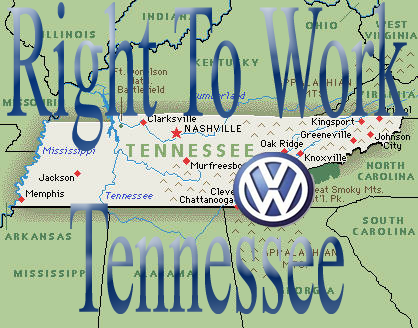The Really Big Money? Not the Kochs
Wall Street Journal’s Kimberley Strassel on union political spending and forced dues. It’s an extraordinary thing, in a political age obsessed with campaign money, that nobody scrutinizes the biggest, baddest, “darkest” spenders of all: organized labor. The IRS is…




